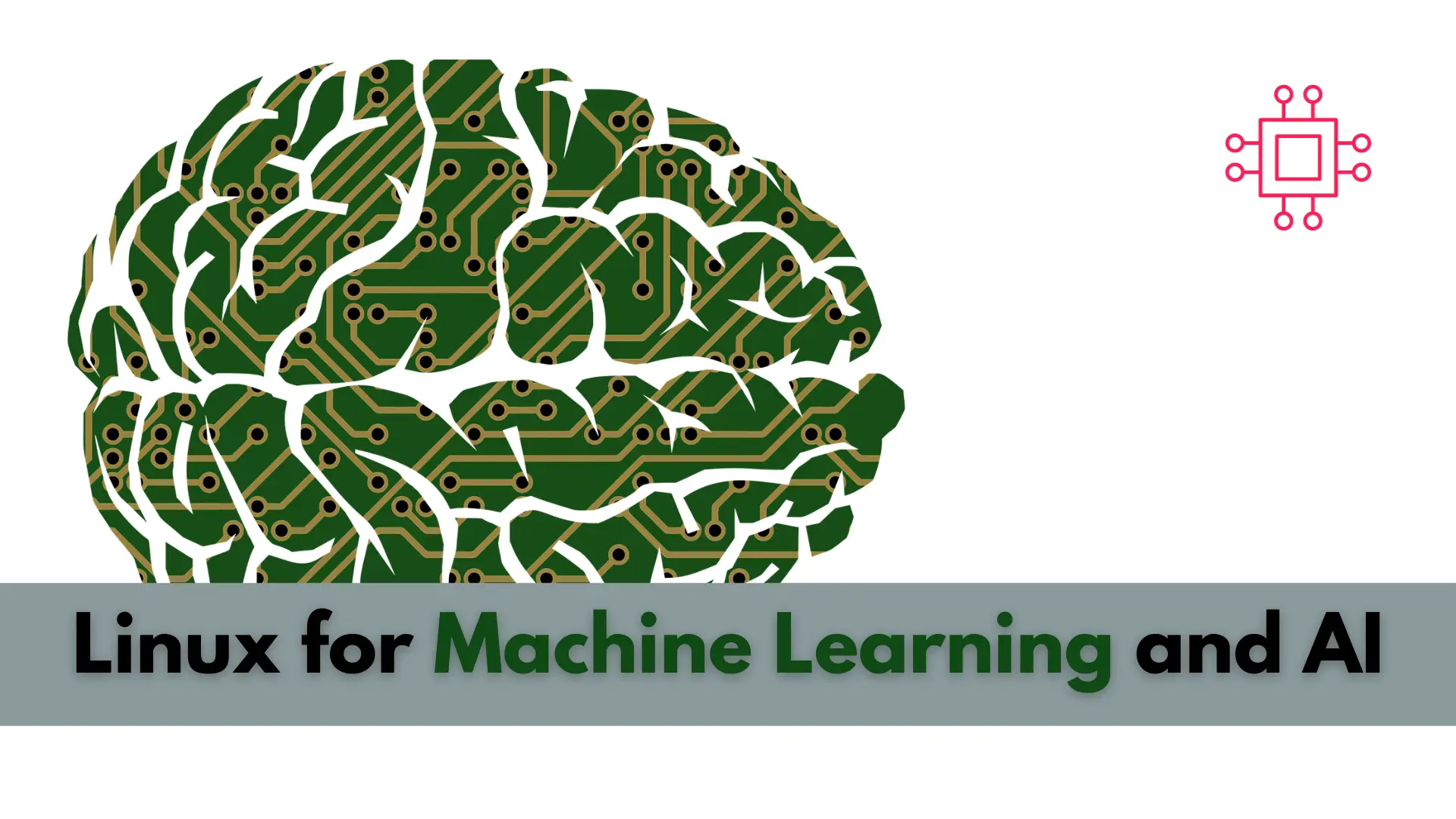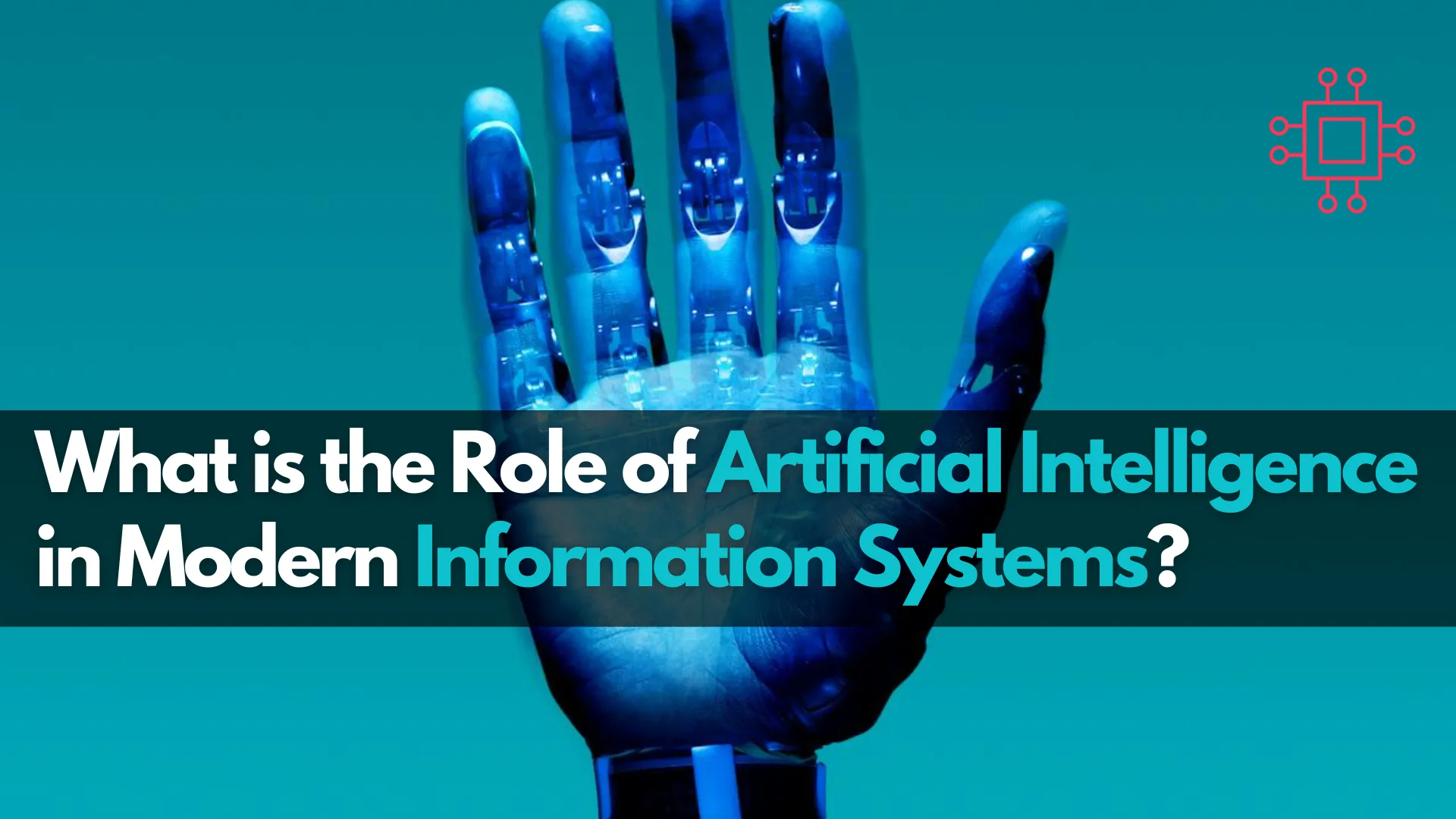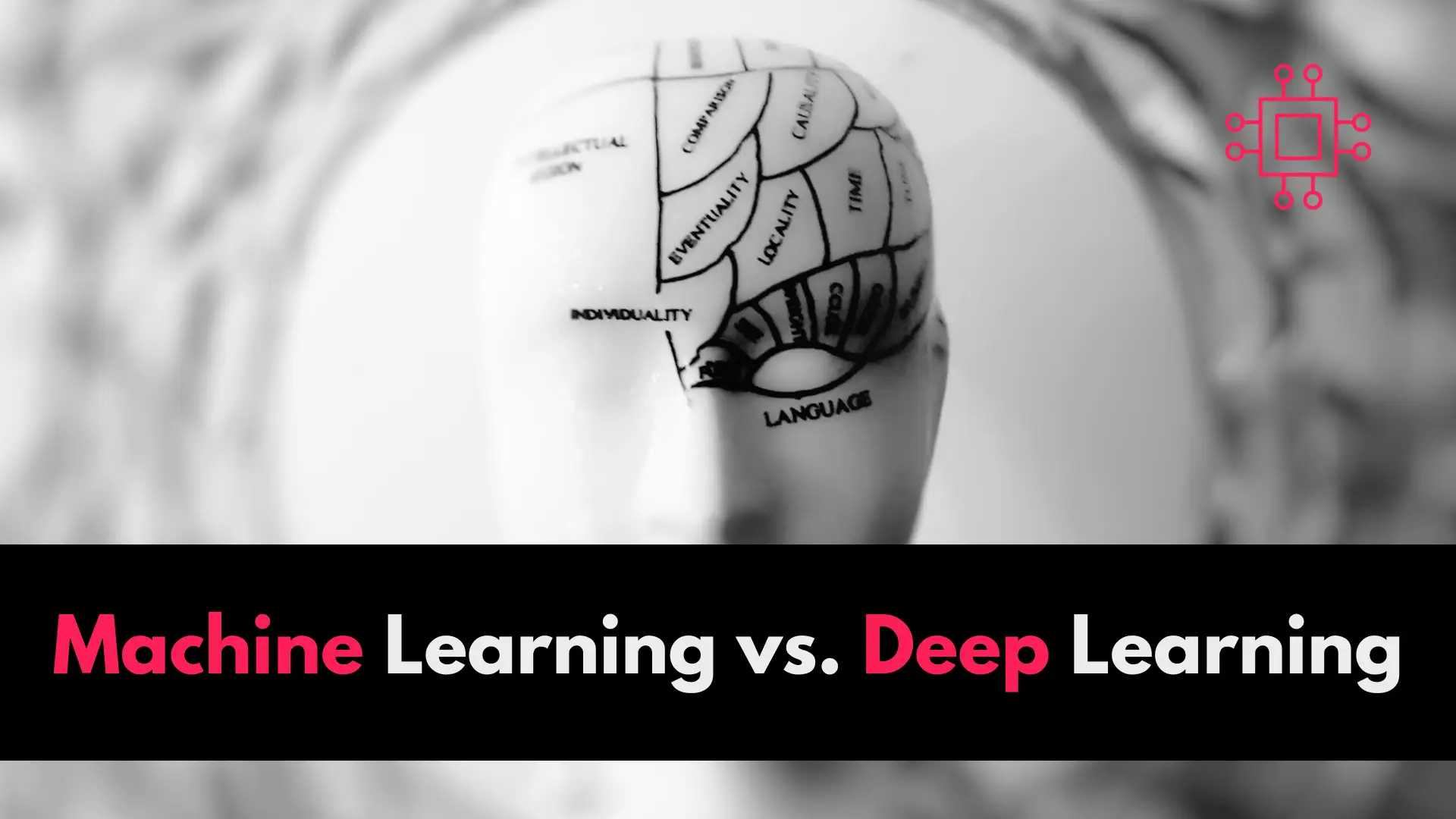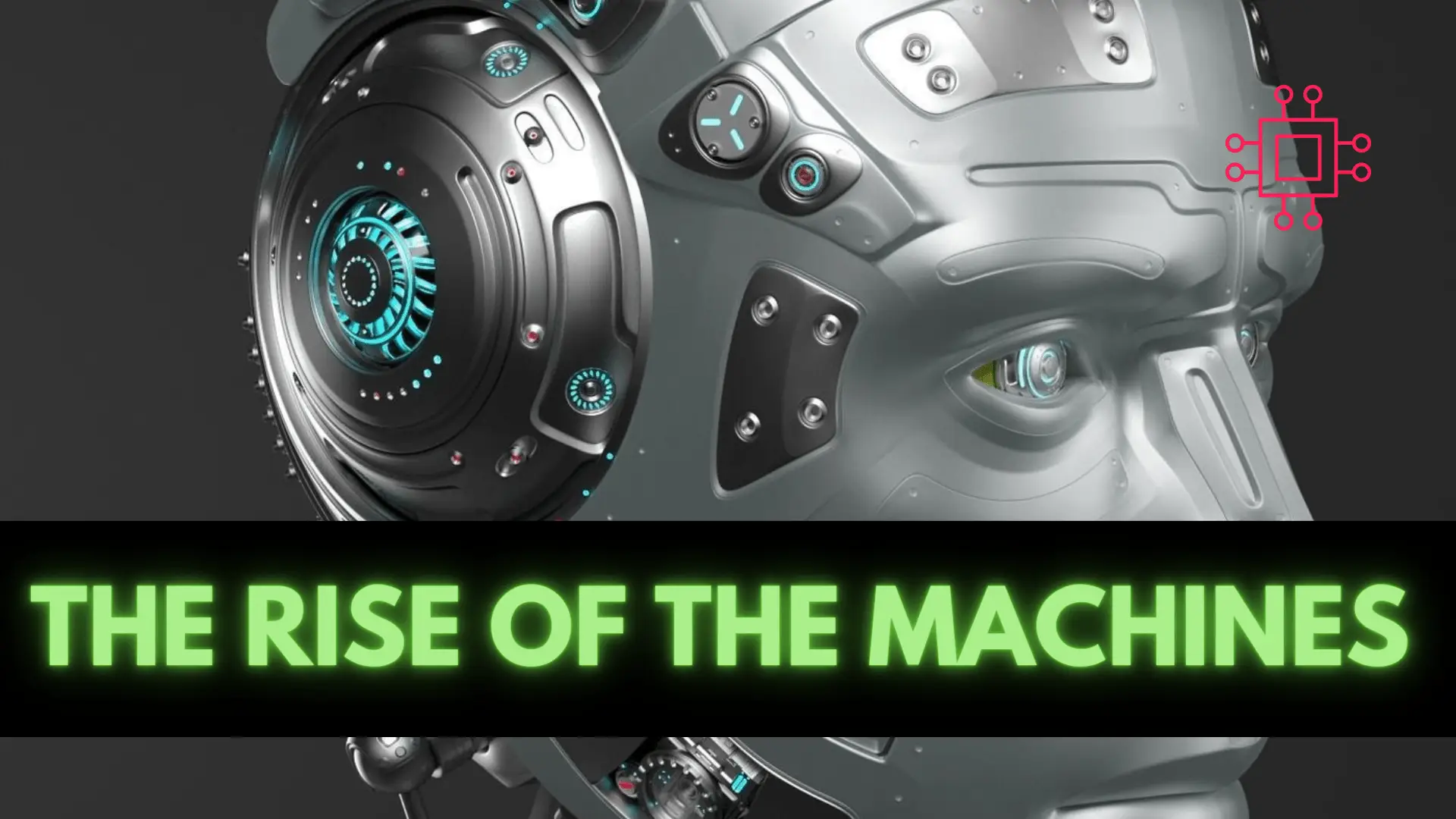
If you’re looking to get into machine learning and artificial intelligence, using Linux as your operating system may be the best choice for its flexibility,

Discover the role of artificial intelligence (AI) in modern information systems. Learn how AI enhances data analysis, cybersecurity, personalization, and more while addressing its benefits, challenges, and future potential.
AI is revolutionizing modern information systems, transforming how data is managed, analyzed, and utilized. By integrating AI technologies into information systems, organizations can achieve higher efficiency, enhanced decision-making, and improved user experiences. This blog post explores the critical role AI plays in modern information systems, highlighting its applications, benefits, and future potential.
AI in information systems involves the use of advanced algorithms and computational models to automate, optimize, and enhance various processes. AI technologies such as machine learning, natural language processing, and computer vision are employed to analyze vast amounts of data, extract meaningful insights, and support complex decision-making processes.
AI enhances data analysis by automating the processing of large datasets, identifying patterns, and generating actionable insights. Machine learning algorithms can analyze historical data to predict future trends, helping organizations make informed decisions.
NLP enables information systems to understand, interpret, and generate human language. This capability is crucial for applications such as chatbots, virtual assistants, and automated customer service, improving user interaction and satisfaction.
Customer service platforms integrate AI-powered chatbots to handle common inquiries, providing instant responses and freeing up human agents for more complex issues. |
AI-driven predictive maintenance in information systems helps organizations anticipate equipment failures and schedule timely maintenance, reducing downtime and operational costs. Machine learning models analyze sensor data to predict potential failures before they occur.
Manufacturing plants use AI systems to monitor machinery health, predicting breakdowns and scheduling maintenance to avoid production halts. |
AI enhances cybersecurity by detecting and responding to threats in real-time. Machine learning algorithms analyze network traffic, identify anomalies, and flag potential security breaches, enabling rapid response to mitigate risks.
Security information and event management (SIEM) systems employ AI to detect unusual patterns and trigger alerts, protecting sensitive data from cyber threats. |
AI powers recommendation engines that personalize user experiences based on their behavior and preferences. These systems are widely used in e-commerce, streaming services, and content platforms to deliver tailored suggestions.
E-commerce websites like Amazon use AI algorithms to recommend products based on users’ browsing and purchase history, enhancing the shopping experience. |
AI automates routine and repetitive tasks within information systems, increasing efficiency and reducing human error. Robotic Process Automation (RPA) uses AI to handle tasks such as data entry, invoicing, and report generation.
Finance departments utilize RPA to automate invoice processing, ensuring accuracy and freeing up employees for more strategic tasks. |
| Application | AI Technology Used | Benefit |
|---|---|---|
| Data Analysis | Machine Learning | Actionable insights and trend forecasting |
| Natural Language Processing | NLP | Improved user interaction and satisfaction |
| Predictive Maintenance | Machine Learning | Reduced downtime and operational costs |
| Cybersecurity | Machine Learning, AI | Enhanced threat detection and response |
| Personalization and Recommendations | AI Algorithms | Tailored user experiences |
| Process Automation | Robotic Process Automation | Increased efficiency and accuracy |
AI provides accurate and timely insights, aiding in strategic decision-making. By analyzing large datasets and identifying patterns, AI helps organizations make data-driven decisions that enhance performance and competitiveness.
AI automates repetitive tasks, reducing the workload on human employees and increasing overall efficiency. This allows staff to focus on more complex and value-added activities, improving productivity.
AI-driven personalization and intelligent interfaces improve user experiences by providing relevant content, recommendations, and seamless interactions. This leads to higher user satisfaction and engagement.
Predictive analytics powered by AI enables organizations to anticipate issues before they arise, allowing for proactive problem-solving. This reduces downtime, improves service reliability, and enhances operational resilience.
AI enhances cybersecurity by continuously monitoring systems, detecting anomalies, and responding to threats in real-time. This proactive approach helps protect sensitive information and maintain data integrity.

Photo by Google DeepMind from Pexels
Integrating AI in information systems raises concerns about data privacy and security. Ensuring that AI systems comply with data protection regulations and safeguarding user information is crucial.
AI systems must be designed and deployed ethically, avoiding biases and ensuring fairness. Transparent algorithms and accountability mechanisms are essential to address ethical concerns.
Integrating AI with existing information systems can be challenging, requiring compatibility and seamless integration. Organizations must invest in infrastructure and training to ensure successful AI implementation.
The future of AI in information systems is promising, with advancements in AI technologies driving further innovation. AI will continue to enhance automation, improve decision-making, and provide personalized experiences. Emerging trends such as edge AI, which processes data locally on devices rather than in the cloud, will further revolutionize information systems by reducing latency and enhancing real-time processing.
AI Impact on Key Information System Functions
| Function | Before AI | After AI | Benefit |
|---|---|---|---|
| Data Analysis | Manual Analysis | Automated Insights | Improved Accuracy |
| Customer Interaction | Human Agents | AI Chatbots | 24/7 Availability |
| Maintenance | Reactive | Predictive | Reduced Downtime |
| Cybersecurity | Manual Monitoring | Real-time Detection | Enhanced Security |
| Recommendations | Generic | Personalized | Increased Engagement |
| Automation | Manual Processes | Automated Tasks | Increased Efficiency |
Artificial Intelligence plays a pivotal role in modern information systems, transforming how data is processed, analyzed, and utilized. By leveraging AI technologies, organizations can achieve enhanced efficiency, improved decision-making, and superior user experiences. While there are challenges to address, the benefits of AI integration are substantial. As AI continues to evolve, its impact on information systems will only grow, driving innovation and shaping the future of technology.
Did you find this article useful? Your feedback is invaluable to us! Please feel free to share your thoughts in the comments section below.
Related Posts

If you’re looking to get into machine learning and artificial intelligence, using Linux as your operating system may be the best choice for its flexibility,

Machine learning and deep learning are two of the most important subfields of artificial intelligence (AI), and they have enabled significant advancements in the development

Artificial Intelligence (AI) is one of the most transformative and rapidly evolving technologies of our time. It has come a long way since its inception
